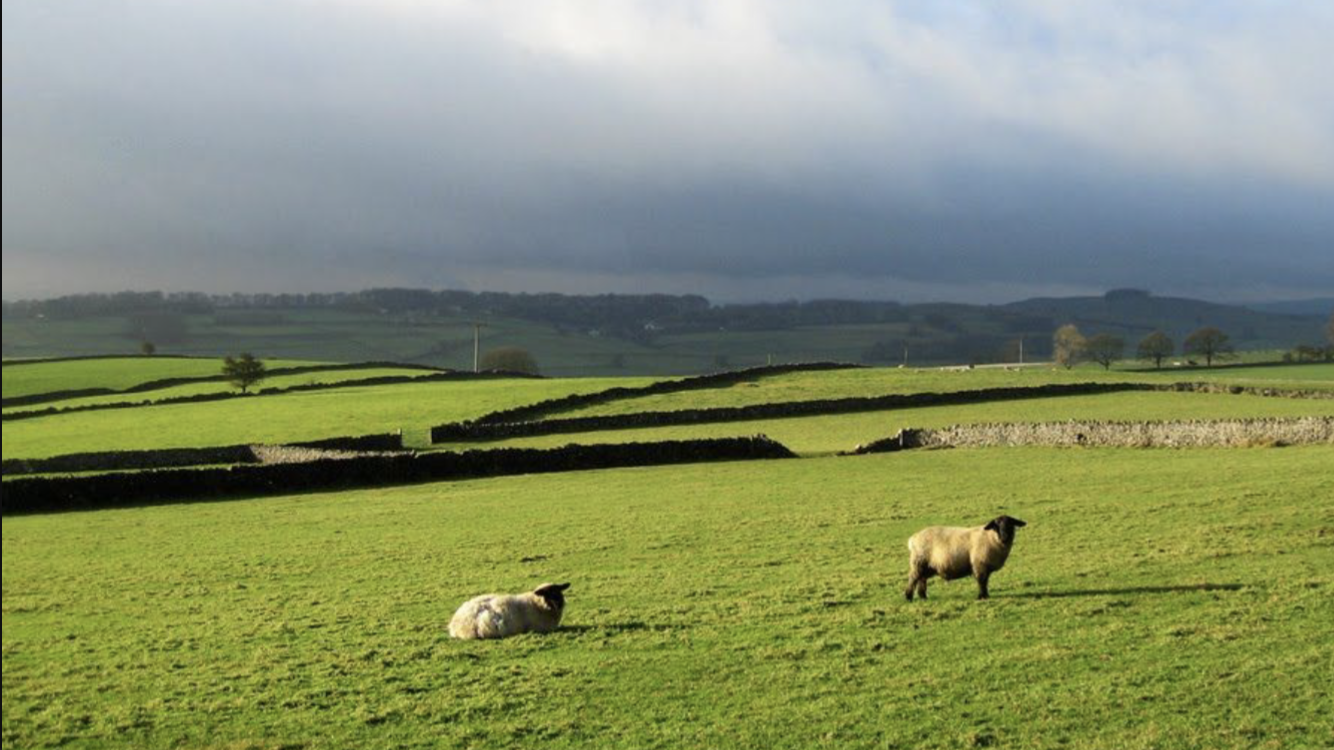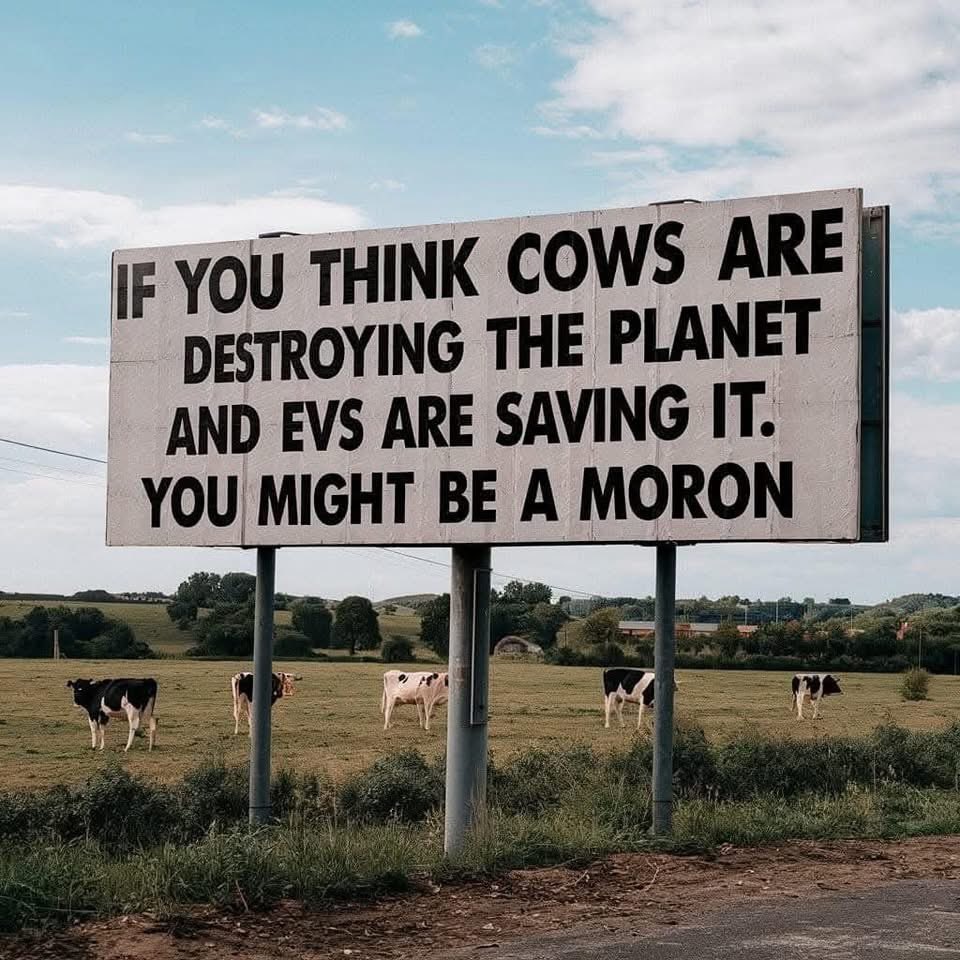Address
Chapel en le Frith, High Peak, Derbyshire
Work Hours
Monday to Friday: 9AM - 7PM
Weekend: 10AM - 5PM


Farmers Push Back Against Calls for a 27% Reduction in UK Livestock
Recent calls from climate change experts for a 27% reduction in UK cattle and sheep numbers — and a significant cut in meat consumption — have sparked strong opposition from the farming community.
The recommendations come from the Climate Change Committee’s (CCC) seventh carbon budget, which outlines the farming industry’s supposed role in helping the UK meet its net zero targets by 2050. According to the report, livestock numbers should be slashed by 27%, while the public is urged to cut meat consumption by 25% and dairy by 20% by 2040. The report goes even further, suggesting a 35% overall reduction in meat consumption by 2050.
Although these proposals are officially just advice, history shows that government policy often aligns closely with the CCC’s recommendations — a worrying prospect for British farmers.
The Nature Friendly Farming Network (NFFN) described the recommendations as “cautiously welcomed” but acknowledged they could be “daunting” for farmers already facing rising costs and regulatory pressures.
At Derbyshire Farmers, we take a different view. Carbon is essential for plant growth, and the demonisation of methane overlooks the natural balance of these emissions in regenerative farming systems. Grass-fed livestock farming, which has long been a cornerstone of British agriculture, not only produces high-quality, nutrient-dense food but also plays a crucial role in maintaining healthy soils and improving carbon cycles. Over a 10-year period, well-managed pastureland has the potential to balance methane emissions and enhance environmental sustainability.
As someone following a carnivore diet, I know firsthand the health benefits of eating more, not less, British meat. High-quality, grass-fed meat supports metabolic health, reduces the risk of diseases like diabetes and provides essential nutrients in their most bioavailable form. Cutting down on this vital food source would not only harm farmers but also undermine public health.
Instead of pushing costly and restrictive carbon-reduction measures, we should be supporting local farming practices that nurture both people and the planet. British farmers deserve better than to be scapegoated in the name of net zero.